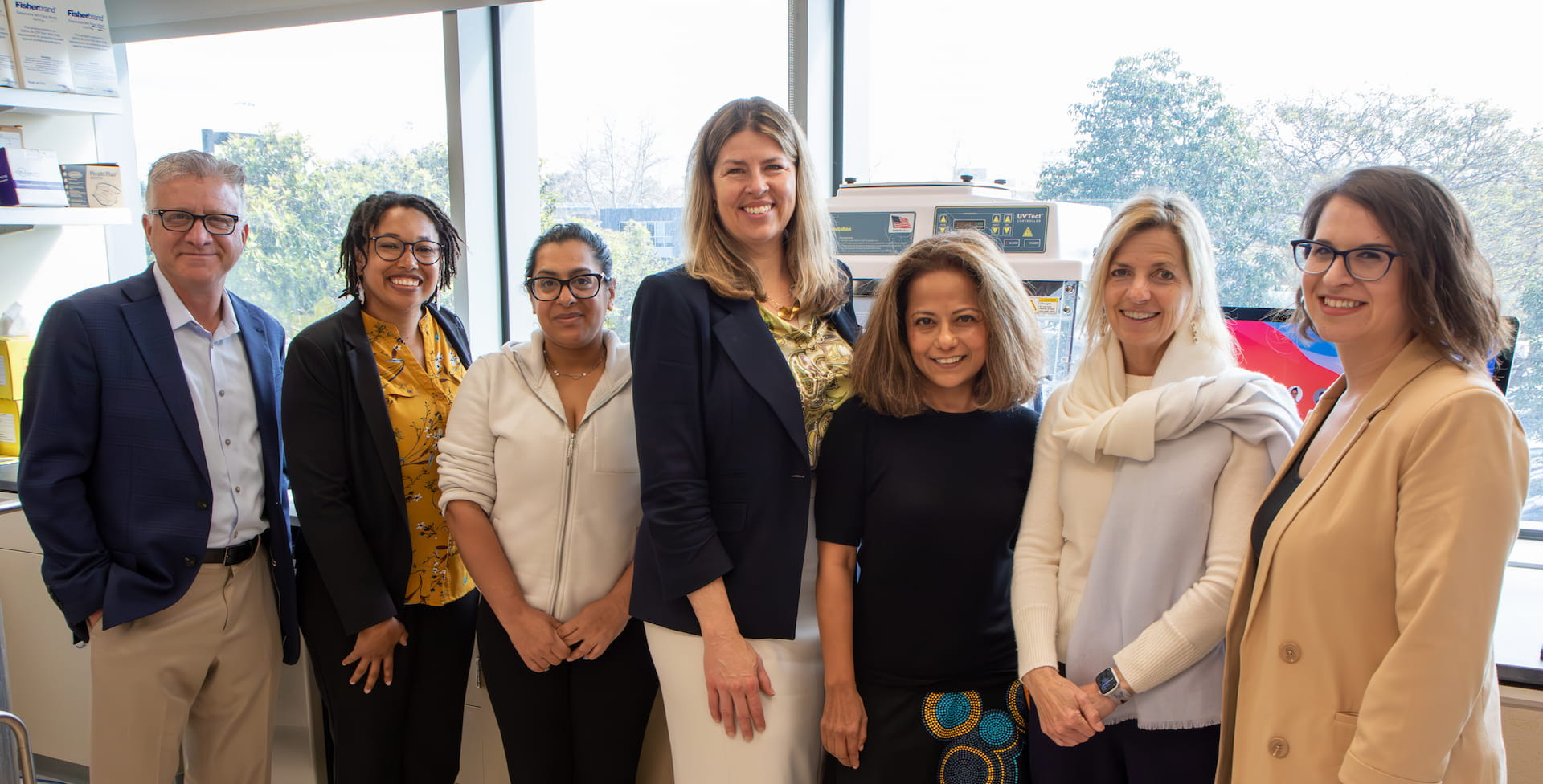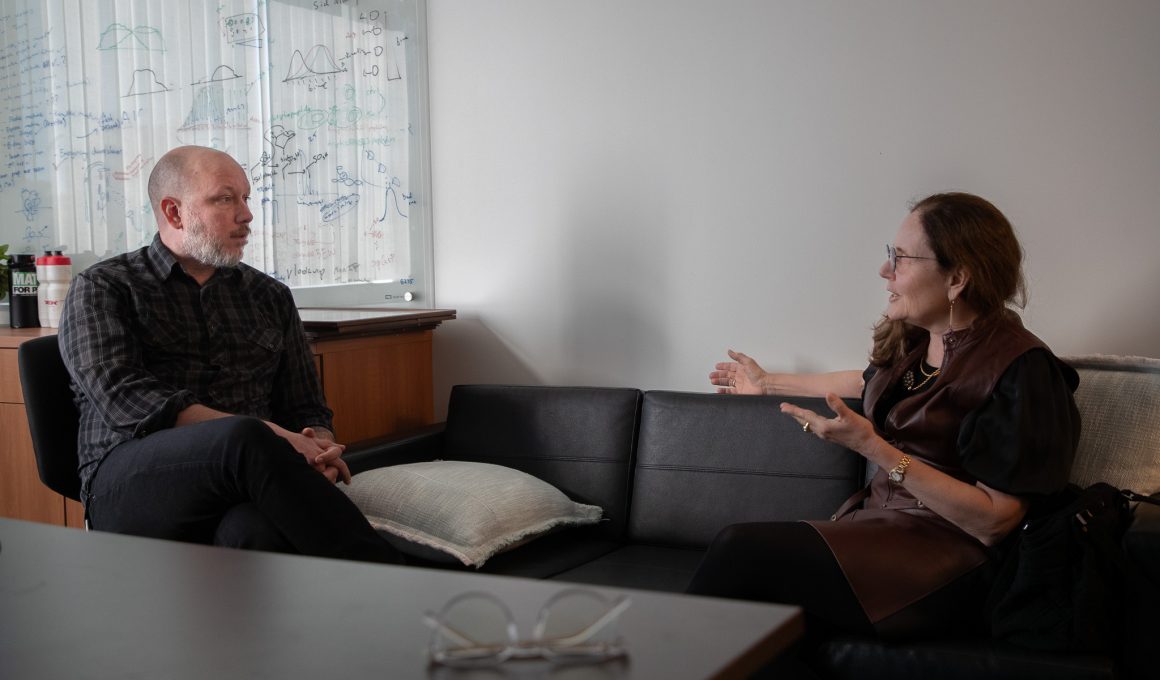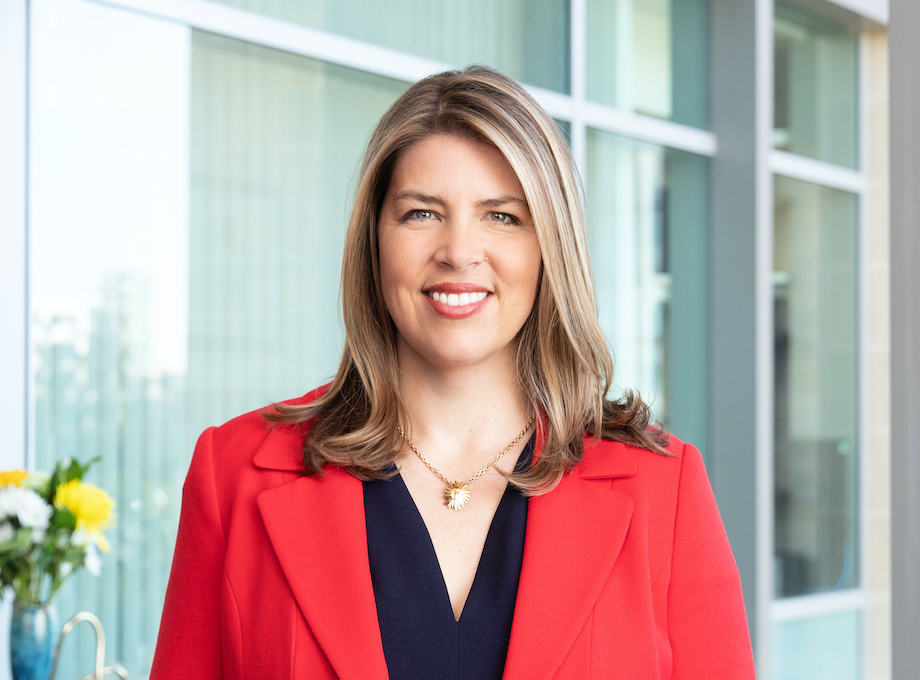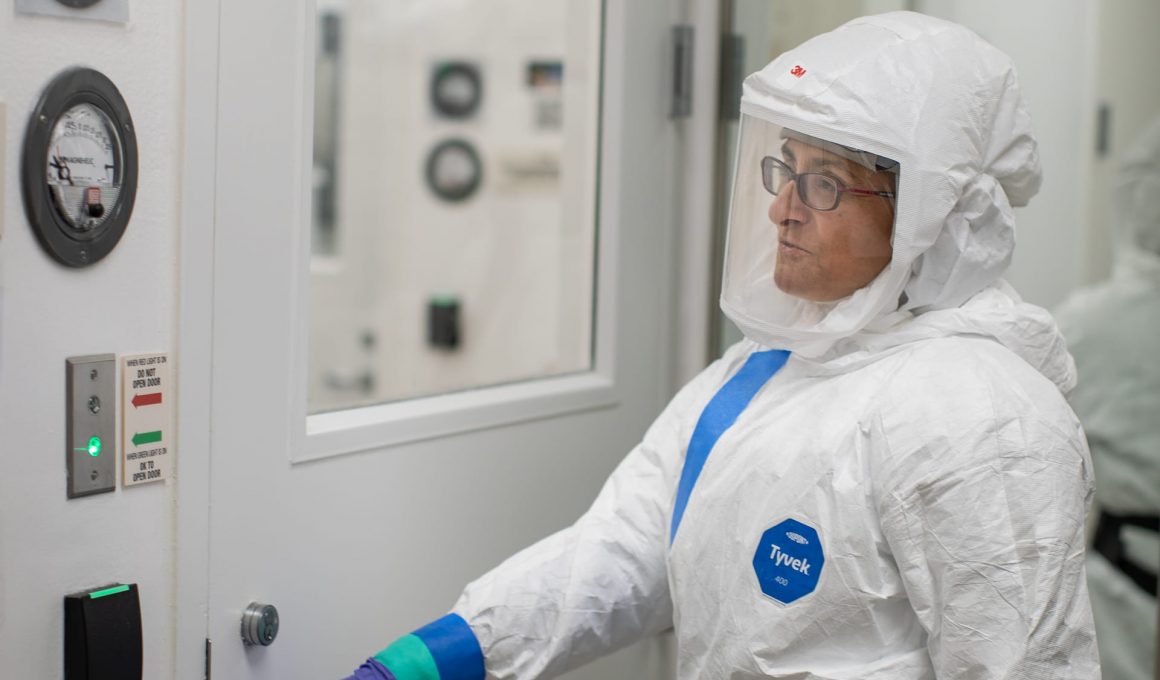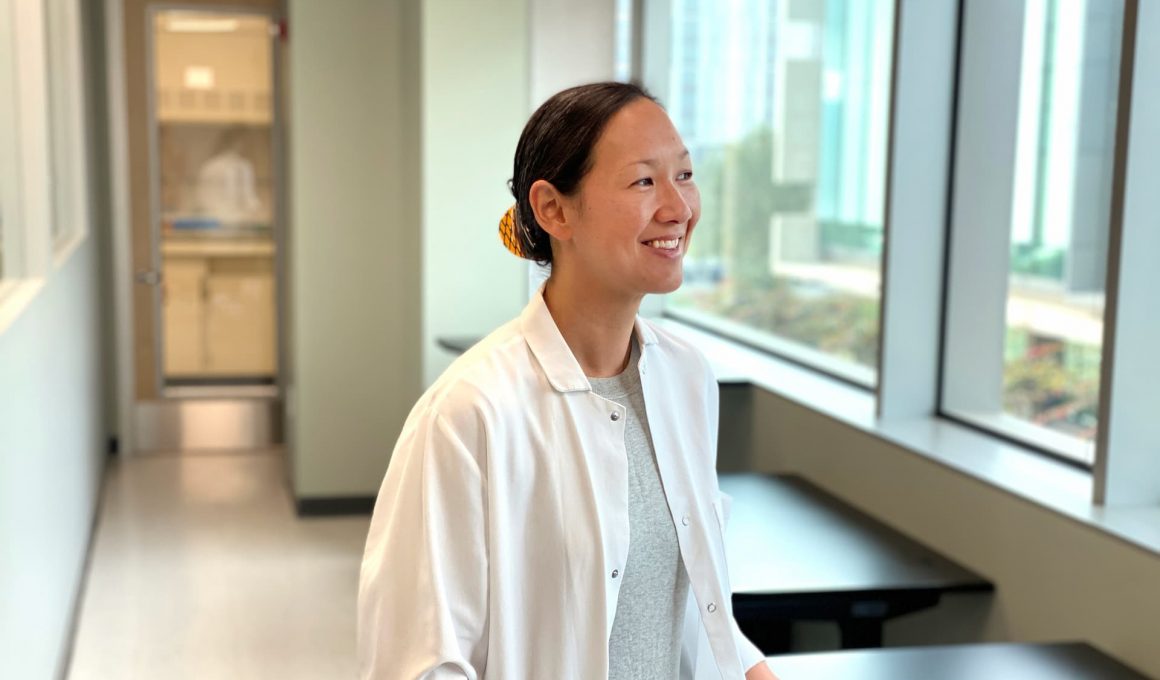Prebys Foundation knows La Jolla Institute for Immunology (LJI) has a part to play in pandemic preparedness. In just the last four years, Prebys Foundation has given nearly $4 million to support LJI researchers and expand LJI’s mentorship and training programs for young scientists.
“What really stands out at LJI is the caliber of the researchers there,” says Prebys Foundation CEO Grant Oliphant. “The Institute has extremely talented people who are doing seminal work in the field.”
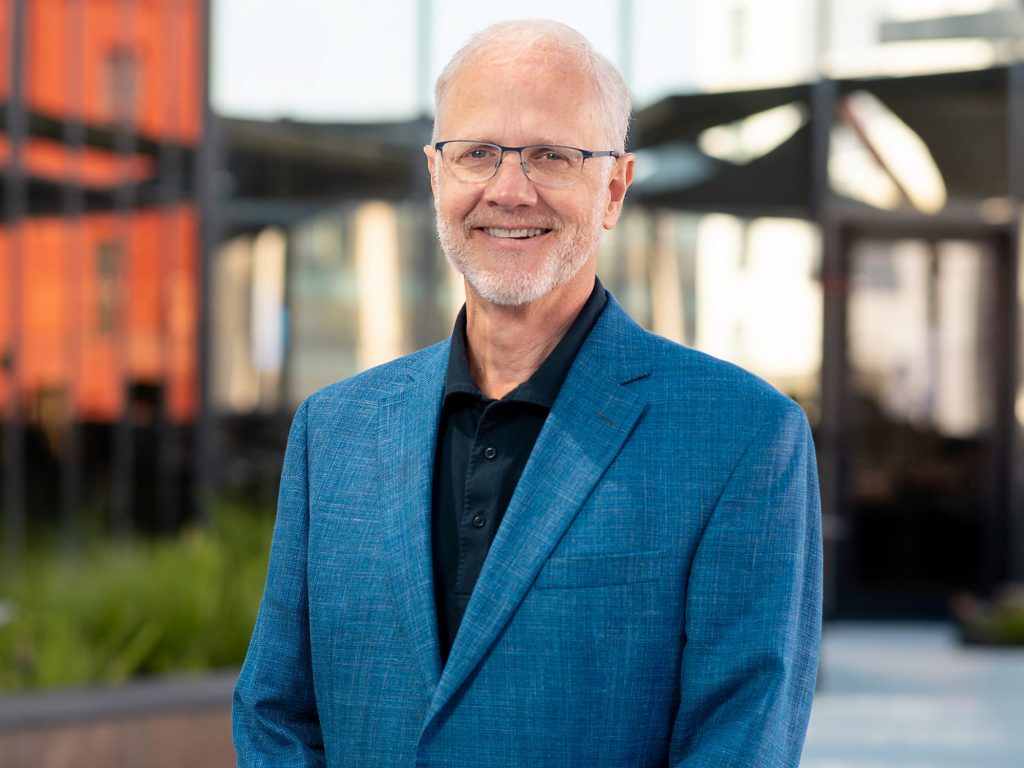
Earlier this year, Prebys Foundation granted two-year, $500,000 Prebys Research Heroes Awards to three LJI faculty members, all of whom belong to the LJI Center for Vaccine Innovation: LJI Professor, President & CEO Erica Ollmann Saphire, Ph.D., MBA; LJI Associate Professor Sonia Sharma, Ph.D.; and LJI Professor Sujan Shresta, Ph.D.
The Prebys Research Heroes program celebrates female scientists pursuing “high-risk, high-reward” research projects. The program is a partnership between Prebys Foundation and the Science Philanthropy Alliance.
As Oliphant explains, supporting scientists from underrepresented groups is an important part of pandemic preparedness—and research overall. “When you broaden the perspectives of the people in the lab, you get better science,” says Oliphant. “At its core, we believe the Research Heroes program will produce better science and better medicine for everyone.”
Building a more inclusive and diverse research workforce is also a priority for LJI leadership.
Dr. Saphire put part of her Prebys Research Heroes funding toward building an Inclusion and Mentorship Program, which includes the expansion of a paid summer internship that connects LJI scientists with high school and university students from underrepresented backgrounds.
Dr. Sharma is using the funds to advance new research into sex-based differences in how people respond to disease and to shed light on the workings of the innate immune system.
Meanwhile, Dr. Shresta is using the Prebys Research Heroes funding to explore how neurotropic flaviviruses, such as Zika and Powassan, may trigger dementia.
All three scientists also lead research as members of LJI’s Center for Sex-Based Differences in the Immune System, directed by Dr. Sharma.
Oliphant says it is essential for scientists to investigate how factors like sex affect disease outcomes. Prebys Foundation has given additional funding to help scientists accelerate this research, including a grant of more than $1.16 million in 2022 toward the purchase of advanced equipment in LJI’s Flow Cytometry Core.
“The Institute is doing extraordinary work in terms of sex-specific research challenges and the manifestations of disease and illness as it relates to sex—that work could be hugely influential for the field globally.”
– Prebys Foundation CEO Grant Oliphant.
More recently, Prebys Foundation awarded a $300,000 Prebys Foundation Youth Workforce grant for LJI Assistant Professor Miguel Reina-Campos, Ph.D., to recruit undergraduate and graduate students to conduct independent research in the Reina Lab and receive important scientific training. This grant also fulfills another Prebys Foundation commitment: to support youth outreach and development in San Diego.
Outside of the research world, Prebys Foundation grants funding to youth programs, the arts, and public health efforts across San Diego County. “We think that, together, these initiatives make up the elements of a healthy, well community,” says Oliphant. “And we’re really proud of what we see happening here.”


